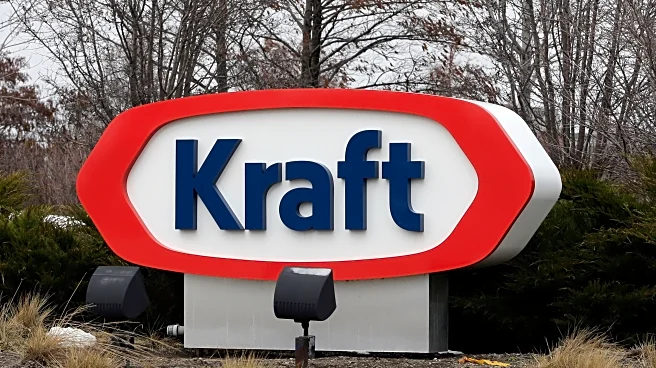What's Happening?
The phenomenon of 'dupes'—affordable imitations of high-end products—has gained significant traction in the retail industry, with major retailers like Walmart and Costco offering products that closely
resemble luxury items. A notable example is Walmart's 'Wirkin' bag, a $80 imitation of Hermès' $10,000+ Birkin handbag. Similarly, Costco's clothing line has been compared to Lululemon's, leading to a lawsuit from Lululemon alleging trademark infringement. The legal distinction between dupes and counterfeit goods is nuanced; while counterfeits directly copy brand names and logos, dupes often mimic the trade dress, such as the shape and aesthetic, without using the brand's trademarks. This has led to legal challenges, as seen in the case between Lululemon and Costco, where the former claims that the similarities in product design could confuse consumers.
Why It's Important?
The rise of dupes highlights a significant shift in consumer behavior, driven by the increasing cost of goods and a preference for affordability over brand authenticity. This trend poses a challenge for luxury brands, which may suffer from lost profits and damage to their reputation. Retailers, while benefiting from the popularity of dupes, face potential legal risks and reputational damage if they are perceived as lacking originality. The legal battles surrounding dupes underscore the importance of intellectual property protection for brands, as well as the need for vigilance in monitoring and addressing potential infringements. The outcome of such legal disputes could set precedents affecting how brands protect their designs and how retailers approach product development.
What's Next?
Brands are likely to intensify their efforts to protect their intellectual property by registering trademarks and design patents, and by monitoring online marketplaces for unauthorized sellers. Legal experts advise brands to engage trademark attorneys to develop strategies for global protection. Retailers may need to reconsider their reliance on dupes, balancing the short-term gains against the long-term risks of legal challenges and reputational harm. The ongoing legal cases, such as Lululemon's lawsuit against Costco, will be closely watched for their implications on the retail industry's approach to product imitation.
Beyond the Headlines
The dupe trend raises ethical questions about originality and the value of brand identity in the fashion industry. It challenges the traditional notions of luxury and exclusivity, as consumers increasingly prioritize cost over brand prestige. This shift could lead to a reevaluation of what constitutes value in consumer goods, potentially influencing future marketing and product development strategies. The legal landscape surrounding dupes may also evolve, prompting changes in how intellectual property laws are applied to protect brand identities.










